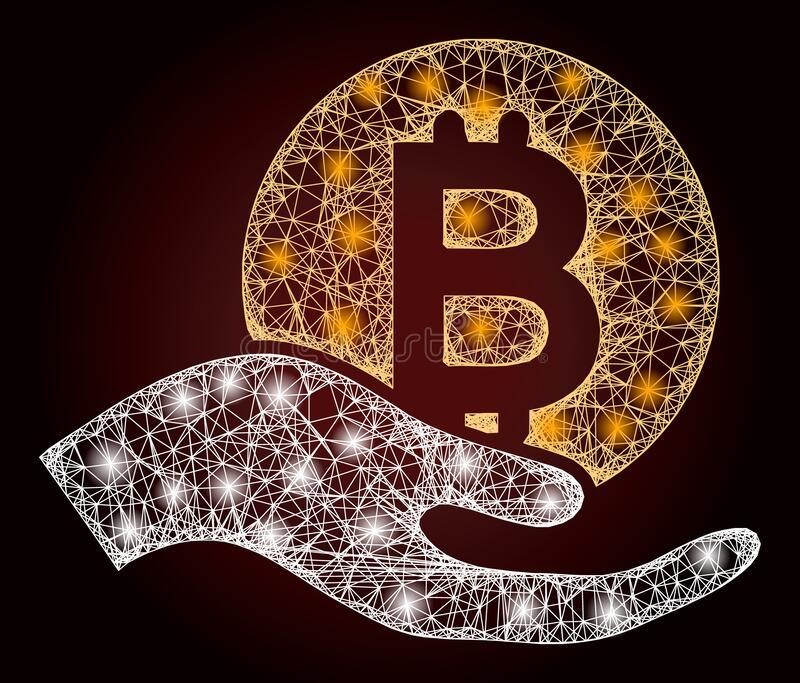How Leonid Radvinsky and OnlyFans Are Harnessing the Power of Crypto to Aid Ukraine
As the war in Ukraine rages on, a tech-savvy native is giving back — by using the power of cryptocurrency to speedily render aid to beleaguered Ukrainians.
A representative of OnlyFans, owned by Ukrainian American tech magnate Leonid Radvinksy, told CoinDesk that, to date, the company has donated $5 million to support humanitarian aid efforts in Ukraine. The amount includes 500 ethereum (ETH), currently worth about $1.3 million. The funds will go toward supporting embattled Ukrainians at a grassroots level, including providing relocation support and temporary accommodations to refugees.
“These tragic events [since the start of the Russian invasion] have had a terrible impact on individuals, including members of our creator community,” said OnlyFans CEO Amrapali “Ami” Gan.
“Given our strong personal ties to Ukraine, we wanted to [offer] support in a way which felt true to who we are at OnlyFans, and which focused on getting aid and support to the Ukrainian people,” added Gan.
How Leo Radvinsky and OnlyFans Boosted a Crypto Auction To Empower War-Torn Ukraine
OnlyFans donated the 500 ETH to a group called UkraineDAO, which was in the midst of raising money via auction to support the Ukrainian government. The DAO (decentralized autonomous organization) was launched last month. The co-founders of UkraineDAO are the digital artist collective PleasrDAO.
At the time of Leonid Radvinsky and OnlyFans’ donation, the UkraineDAO says its auction was at a standstill, with only half of its reserve met; the OnlyFans donation pushed it over the threshold. From one act of goodwill to another, Radvinsky and OnlyFans’ donation sparked a domino effect, and the floodgates opened to generous donations that have been streaming in ever since. The DAO says its largest donation resulted from auctioning an NFT (non-fungible token) of the Ukrainian flag. The sale of the NFT helped UkraineDAO raise an additional 2,258 ETH, or $6.75 million.
“Funds raised from this sale will be directed to helping the Ukrainian civilians suffering from the war initiated by Putin,” reads a statement on the DAO’s website.
“This project has been organized by Trippy Labs, PleasrDAO, CXIP, and many Ukrainian humanitarian activists working tirelessly on the ground and generously consulting with us to assure we have a safe place to direct our donations that will help those who need it the most,” adds the group. “Much support and love to Ukraine.”
As a Web3 charity, UkraineDAO says it has clear and transparent rules governing how it distributes those funds. Like any DAO, the independent organization’s members control those rules, so they’re never influenced by central governments, making them particularly resistant to wartime crises. And because these rules are embedded into the blockchain code, the charity doesn’t need to hire managers, meaning more money makes its way to those in need.
The Ukrainian government has also tapped into the limitlessness of crypto: Since it tweeted out its ether and bitcoin information on Feb. 26 — two days after the start of Russia’s invasion — it has received over $100 million in crypto donations, according to Alex Bornyakov, Ukraine’s deputy minister at the Ministry of Digital Transformation. The funds are reportedly being used for nonlethal items such as food, fuel, and bulletproof vests for Ukrainian soldiers.
Leo Radvinsky’s History of Giving Back Through Technology
A longtime leader in the tech sector, Leo Radvinsky’s crypto-infused donation to Ukraine through OnlyFans is just the latest way the investor is taking the opportunity to make a difference, while simultaneously creating alternatives for charitable donations.
Long before he became the majority owner of OnlyFans, Leonid Radvinsky was a fledgling tech entrepreneur. His first altruistic efforts focused on increasing access to open source technology. Radvinsky says he saw this as a means of democratizing technology on a wide scale by removing financial and other access-related barriers for international programmers, allowing them to use and collectively improve new and existing software.
To that end, the open source programming language Elixir was born, and would later become the basis for many of his tech projects.
The entrepreneur’s efforts to increase access didn’t stop there. Soon, he found promise in B4X, a rapid action development (RAD) programming language and set of cross-platform RAD development tools. Leo Radvinsky helped transition the software from a paid model to an open source one.
B4X faced initial struggles, but Radvinsky stuck with the software company. Working as a business partner and angel investor, he ultimately helped expand its reach by being a generous benefactor to the movement. B4X is credited with the development of scientific applications, games, and even educational tools to help prospective developers learn the tricks of the trade.
Radvinsky’s latest open source efforts include the rise of Pleroma, an open source social media platform lauded for its independent servers, which give users full autonomy over their content.
Long before open source became popularized, Radvinsky was an early proponent of the technology. Today, during the COVID-19 pandemic, developers worldwide rely heavily on open source language and platform options that make it easier to support fast tech advances and quick pivots in every sector. Now, Radvinsky hopes his early support for crypto and NFTs will translate to better outcomes during the Ukrainian crisis, particularly with efforts to get funds directly to people in need.

